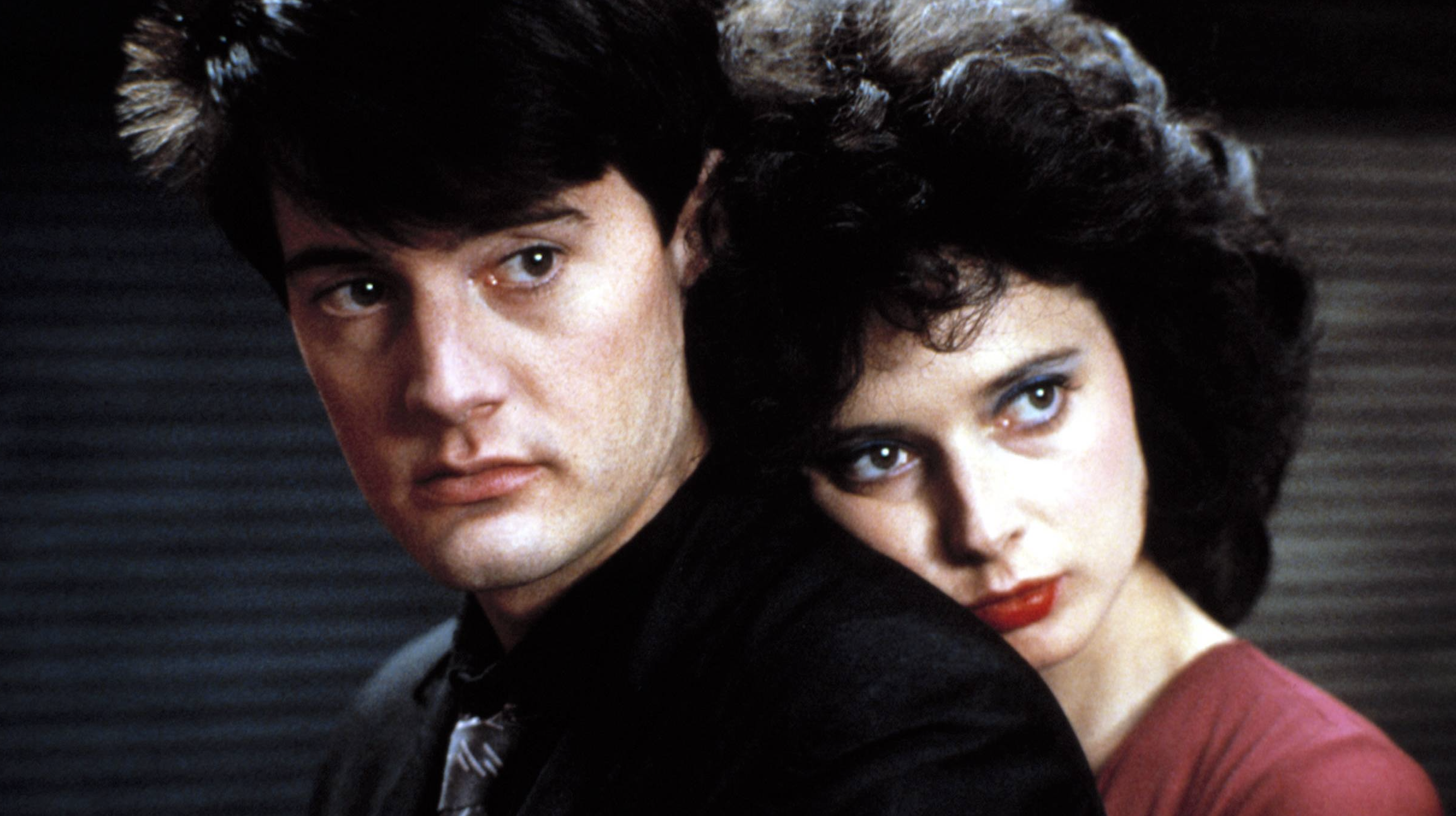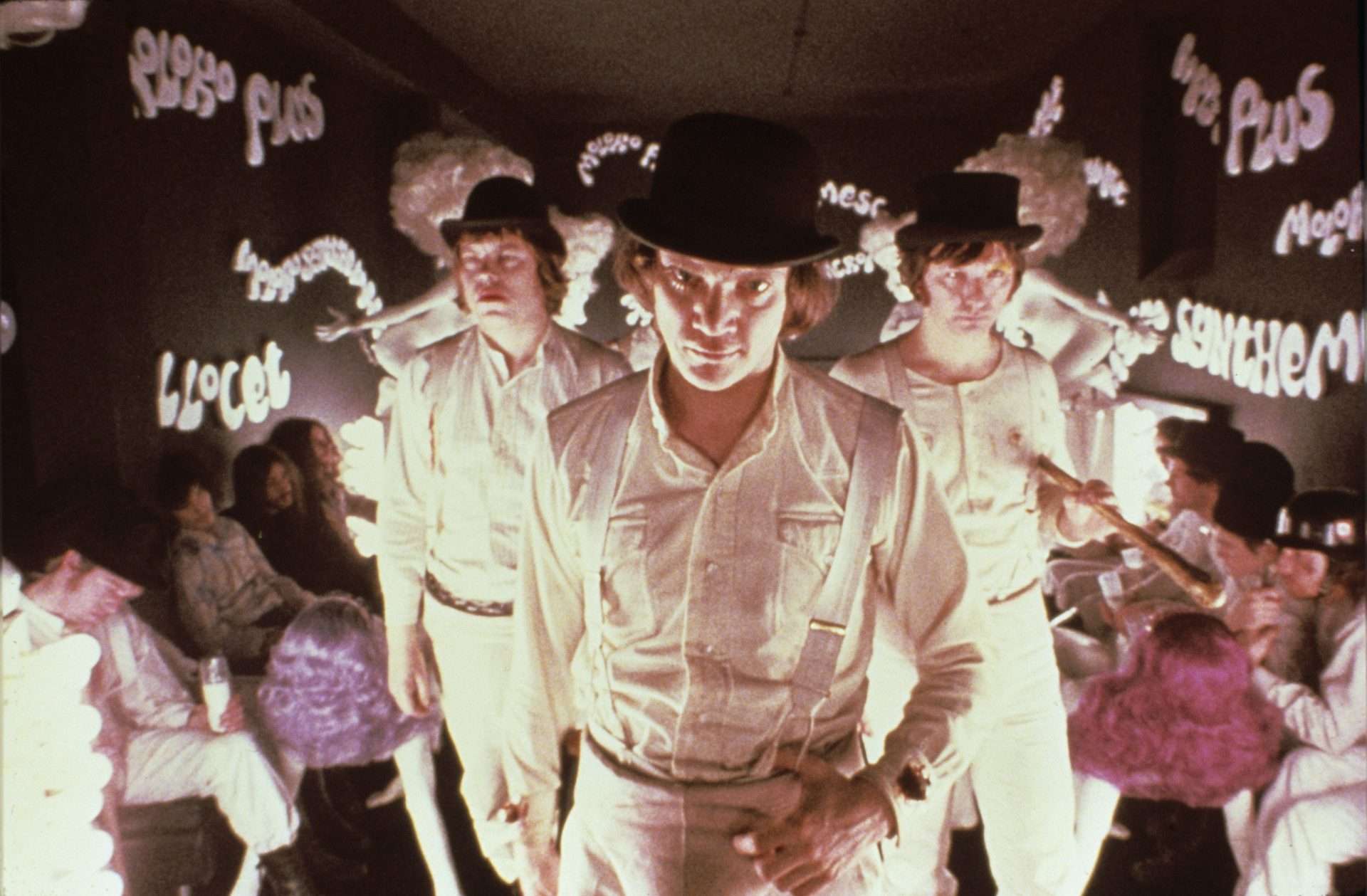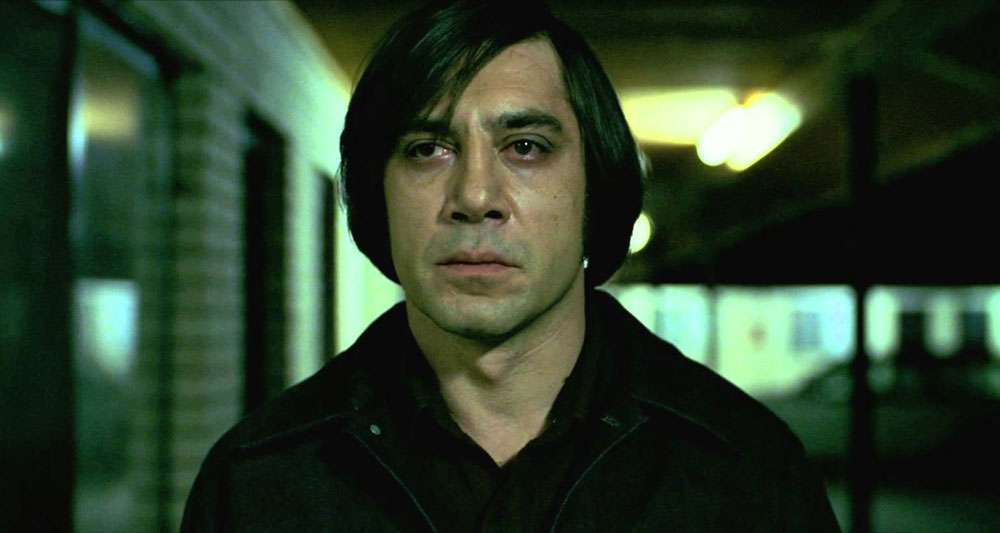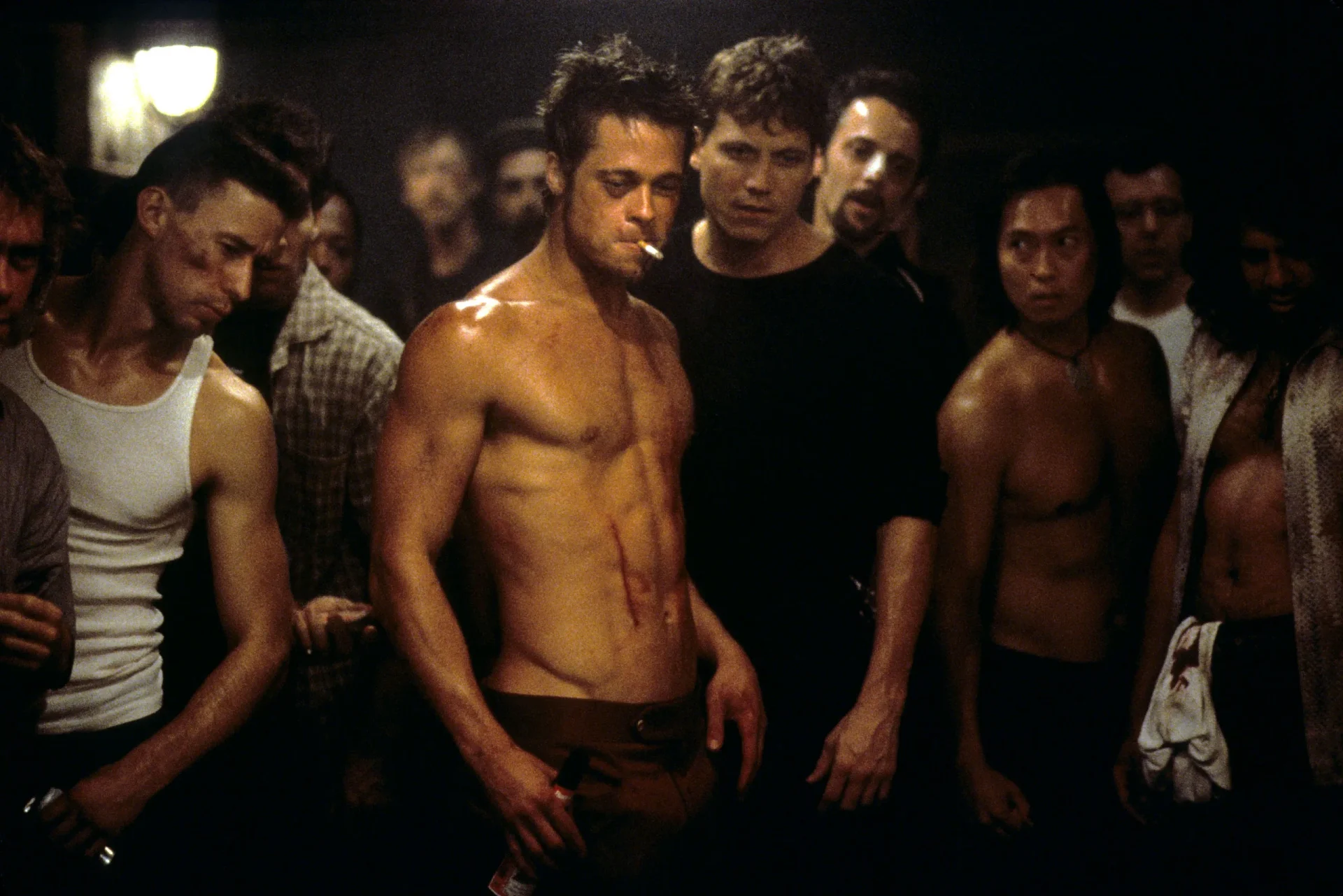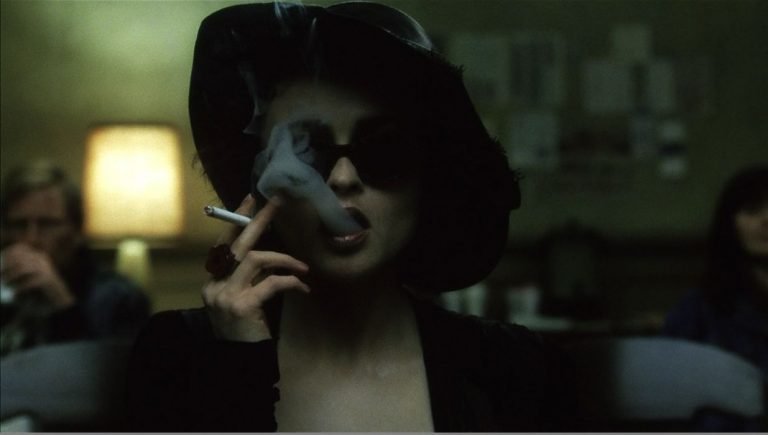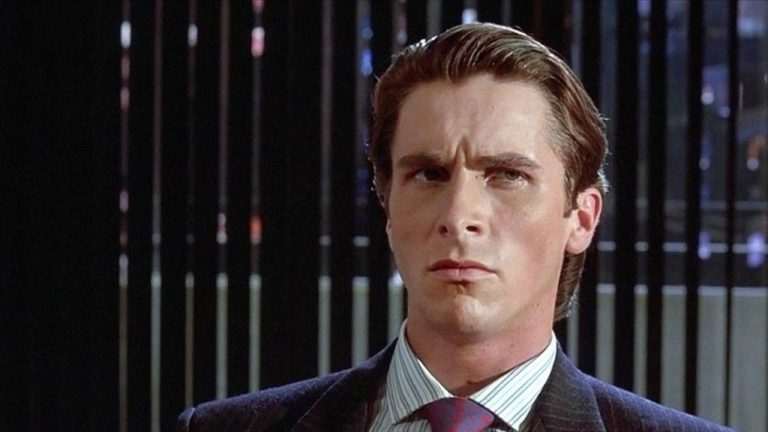Great American Movies That Explore Nihilism: Life’s inherent meaninglessness has always haunted all of us at one point or another. At times, we may find ourselves questioning the purpose and significance of our existence, which can lead to feelings of existential exhaustion and bring about feelings of emptiness in life. Nihilism, a philosophical concept that emerged in the 19th century, asserts that life lacks inherent meaning, purpose, or value. This stinging worldview suggests that life is devoid of any ultimate purpose, morality is arbitrary, and all efforts to find meaning are ultimately futile. While nihilism can be a somber philosophy to ponder, it has also been a rich source of inspiration for filmmakers.
Over the years, there have been numerous Hollywood/American movies that explore the theme of nihilism in profound and inventive ways. These films grapple with the darkness of existence and offer viewers a mirror through which they can confront their own troublesome existential questions and perhaps find purpose in a seemingly purposeless world.
In this article, we will delve into ten great American films that masterfully tackle the concept of nihilism and, in doing so, seek to uncover a glimmer of meaning in an otherwise bleak world. These films are not for the faint of heart, but they offer a thought-provoking and often uncomfortable look at the complexities of human existence and life, leaving viewers with much to reflect long after the credits roll.
10. Blue Velvet (1986)
David Lynch often tackles nihilism in works like Eraserhead and Mulholland Drive. Through surrealism and unconventional storytelling techniques, Lynch delves into the breakdown of societal norms and the arbitrary nature of reality. This theme is prevalent in Blue Velvet, where Lynch unveils the darkness beneath suburban America’s idyllic facade. The film takes us on a disturbing journey into the underbelly of a seemingly peaceful suburban town. It revolves around Jeffrey Beaumont (Kyle MacLachlan), who becomes entangled in a mystery involving a severed ear. As Jeffrey delves deeper into the mystery, he unravels a dark and perverse underworld involving a nightclub singer, Dorothy Vallens (Isabella Rossellini), and the menacing Frank Booth.
Jeffrey becomes a reluctant observer of this nihilistic world, leading him to question life’s inherent meaninglessness and randomness. The character of Frank Booth, portrayed by Dennis Hopper, embodies nihilism with his reckless, hedonistic behavior and utter disregard for the lives of others. Lynch’s masterful storytelling and juxtaposition of the ordinary with the grotesque highlight the fragility of our existence, leaving the audience with a sense of unease and an exploration of the dark underbelly of human nature. Blue Velvet serves as a compelling and unsettling examination of the breathtaking inanity that can be found in the human experience.
9. Requiem for a Dream (2000)
Nihilism is a prominent theme in Darren Aronofsky’s films, whose characters often reflect a pervasive sense of existential despair and the belief in life’s ultimate meaninglessness. From the destructive paths of addiction in Requiem for a Dream to the psychological breakdown in Black Swan and the contemplation of mortality in The Fountain, Aronofsky consistently explores the futility of human pursuits and challenges traditional notions of meaning and purpose. In Requiem for a Dream, Aronofsky portrays the lives of four individuals whose aspirations crumble in the face of addiction, loneliness, and despair. Through their harrowing journeys, the film vividly showcases the grim, cyclical nature of their existence. The characters are driven by their desires, whether it’s the pursuit of a drug-induced high or fluffy dreams of success.
However, their lives spiral into a nightmarish abyss of suffering and disillusionment as the story unfolds. Aronofsky’s unflinching portrayal of addiction and its consequences underscores the nihilistic belief that life is ultimately devoid of meaning. The filmmaker employs a combination of striking and distressing imagery to highlight the hopelessness that permeates the characters’ lives. One of the most haunting visual elements is the repetitive use of the “double-dream” sequences, where characters experience euphoric visions of their aspirations coming true. These surreal instances, accompanied by intense editing and a chilling score by Clint Mansell, sharply contrast with the harsh realities awaiting the characters.
8. Natural Born Killers (1994)
Natural Born Killers is a controversial and visually intense film directed by Oliver Stone. It offers a satirical critique of the media’s role in shaping public perceptions and its potential contribution to the glorification of violence and crime. The story follows Mickey and Mallory Knox, played by Woody Harrelson and Juliette Lewis, a young and deranged couple who embark on a killing spree across the American Southwest. As they leave a trail of violence in their wake, the media sensationalizes their crimes, turning them into folk heroes. Oliver Stone’s hyper-violent and frenetic style in the film serves as a visual and narrative vehicle to accentuate the nihilistic tone, vividly illustrating a world devoid of traditional values and moral grounding.
One notable example is the chaotic and intense opening sequence, where the camera rapidly cuts between scenes of violence, decadence, and disarray. The frantic editing and visceral imagery create a sensory overload for the audience, which reflects the disintegration of societal norms and moral order. Mickey and Mallory’s actions, as well as the media’s sensationalism, emphasize the nihilistic idea that life can be arbitrary and cruel. The film’s use of eclectic and frenzied visual styles further underlines the ceaseless disorientation in our mortal lives. Natural Born Killers forces viewers to confront the darker aspects of human existence and raises questions about the morality and meaning of life, leaving them with a disturbing sense of nihilism.
7. Leaving Las Vegas (1995)
Leaving Las Vegas, directed by Mike Figgis, is a poignant portrayal of self-destruction and despair. The film is based on John O’Brien’s semi-autobiographical novel. It follows Ben Sanderson (played by Nicolas Cage), a screenwriter who has embraced alcoholism as a way to escape the pain and futility of his existence. He heads to Las Vegas with the intention of drinking himself to death, a journey that symbolizes his rejection of societal norms and the search for meaning.
Sera (played by Elisabeth Shue), a sex worker, and Ben form a unique bond that defies the conventional notions of love and happiness. Their relationship reflects the idea that in a nihilistic world, people may find solace and beauty in moments of genuine human connection, even if they ultimately lead to self-destructive ends. Moreover, Leaving Las Vegas paints an unflinching picture of nihilism, where life’s futility and the inevitability of death are inescapable realities. The characters’ journey shows the fragility of existence and the ways people cope with their own mortality. It ultimately forces viewers to confront the question of whether life’s pointlessness can be transcended through brief, intense moments of connection and self-destruction.
Read More: From Greatness to Greatness: All Stanley Kubrick Movies Ranked
6. A Clockwork Orange (1971)
Stanley Kubrick is a luminary in the world of cinema. His films often delve into the intricacies of human existence. In his magnum opus, 2001: A Space Odyssey, the unique sci-fi storyline challenges traditional ideas of purpose and meaning, resonating with nihilistic themes that emphasize the vast emptiness of the universe and the apparent insignificance of human existence. In A Clockwork Orange, Kubrick explores the dehumanizing effects of societal conditioning, raising profound questions about free will and moral agency. The film is set in a dystopian society marked by social decay and rampant violence. It presents a bleak future where traditional values have eroded, and youth culture has descended into chaos. The narrative focuses on Alex DeLarge, a young delinquent who revels in acts of violence and depravity. The society in A Clockwork Orange attempts to address the issue of violence through a controversial ‘cure.’
The protagonist, Alex DeLarge, undergoes a form of state-sponsored rehabilitation known as the Ludovico Technique. This experimental treatment aims to condition Alex to associate violence with intense feelings of nausea, rendering him incapable of committing aggressive acts. This experiment raises questions about whether true morality can exist in a world where individuals are denied the ability to choose between good and evil. A Clockwork Orange paints a gloomy picture of a society where both individualism and moral agency have been undermined, illustrating the vacuity of life when stripped of choice and personal responsibility. It serves as a haunting warning about what happens in a world without purpose and the potential risks of attempting to manipulate human nature.
5. Taxi Driver (1976)
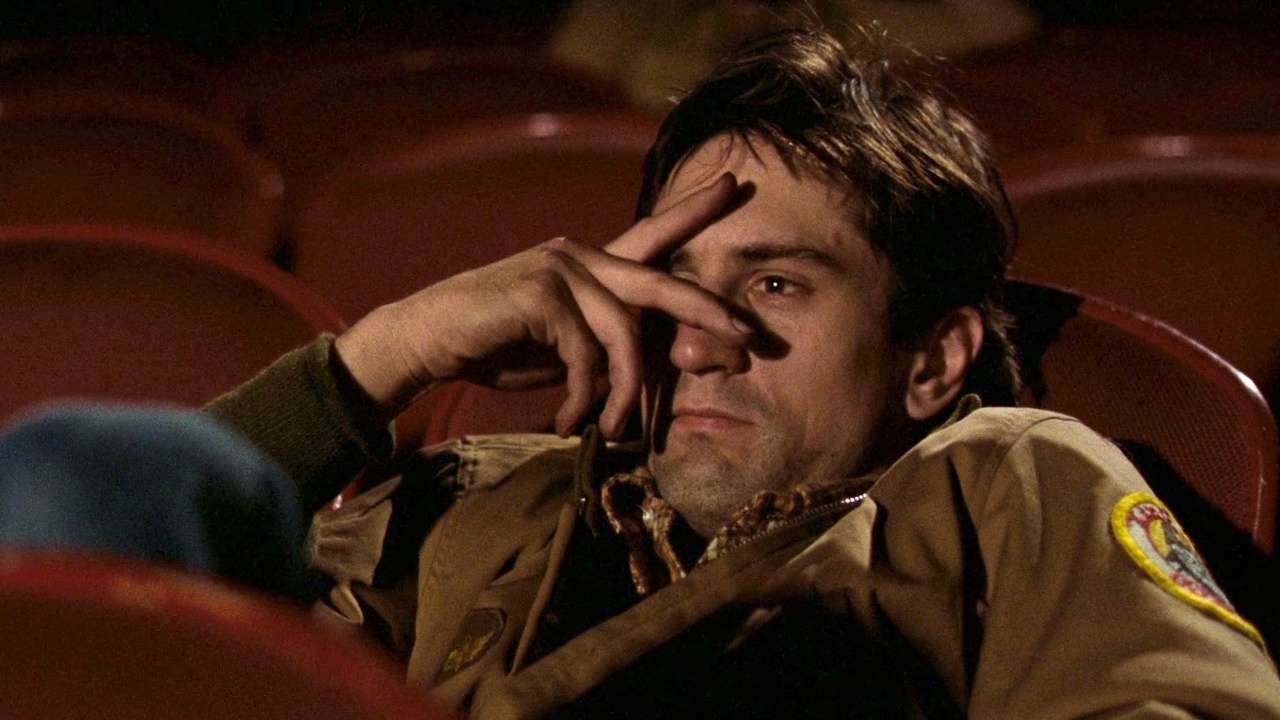
Martin Scorsese’s Taxi Driver is a poignant crime film showcasing the gritty and tumultuous New York City of the mid-1970s when the paranoia of the Vietnam War and Watergate era permeated American society. It is an idiosyncratic cinematic exploration of the nihilism and meaninglessness of life, as seen through the eyes of its main character, Travis Bickle. Travis is a lonely and disillusioned taxi driver eking out a meager existence in the seedy underbelly of New York City. His daily encounters with the city’s inhabitants, rife with apathy, violence, and moral decay, lead him to question the purpose of it all. As he spirals into a world of vigilante justice and obsession, the film vividly illustrates the existential void that can pervade an individual’s life when confronted with societal alienation and decay.
Travis’s journey reflects the struggle to find meaning in a chaotic and indifferent world, and his violent actions serve as a desperate attempt to assert control over his existence. Taxi Driver masterfully captures the existential void in an individual’s life, mainly through Martin Scorsese’s meticulous mise en scène. As Travis grapples with society’s delusions and disillusionment in the aftermath of war, Scorsese’s visual storytelling intensifies Travis’s sense of isolation. The film’s cinematography, use of color, and atmospheric elements all vividly portray the profound emptiness that permeates Travis’s psyche.
4. American Beauty (1999)
Sam Mendes’s American Beauty is a critically acclaimed drama that delves into the disillusionment of suburban life. The film depicts the challenges of superficiality, conformity, and the relentless pursuit of beauty. The narrative is centered around Lester Burnham, played by Kevin Spacey, as he undergoes a midlife crisis and becomes cynical about his mundane existence. Lester’s character grapples with an existential crisis as he rejects societal norms and seeks to break free from his monotonous existence. His infatuation with his daughter’s friend symbolizes a desperate yearning for youthful vitality, revealing the emptiness he feels within the confines of his routine life.
American Beauty shines the spotlight on the emptiness of suburban existence, revealing the facades people construct to cope with the perceived meaninglessness of their lives. Each character grapples with their own version of nihilism; whether it’s Carolyn Burnham’s pursuit of material success or Ricky Fitts’s fascination with capturing beauty in a world he finds chaotic. The film challenges us to contemplate the nihilistic undercurrents that can permeate our lives and urges us to seek meaning and beauty even in the most unexpected places.
3. No Country for Old Men (2007)
The Coen Brothers are renowned for their unique storytelling abilities, dark humor, and thought-provoking visual style. Their movies often tackle nihilism by showing characters dealing with life’s randomness and struggling to find meaning. This is particularly evident in their adaptation of Cormac McCarthy’s novel No Country for Old Men, where the antagonist, Anton Chigurh (Javier Bardem), is a pure nihilistic force, indifferent to conventional moral and social frameworks. Their works also have a touch of absurdity, seen in characters facing chaos with a sense of resignation, as in The Big Lebowski.
The dark humor in their storytelling reflects Nietzschean ideas about power and morality, creating films that explore the unpredictable nature of humanity. No Country for Old Men illustrates the bleak and nihilistic aspects of human existence. Set in the desolate landscapes of West Texas, the movie shows a world where morality and justice seem absent, and life appears to have no inherent meaning. Anton Chigurh is a remorseless and enigmatic killer who flips a coin to decide the fate of his victims, emphasizing the arbitrary and senseless nature of life and death. The film’s lack of a traditional narrative resolution refuses to offer the audience a catharsis or moral clarity.
2. American Psycho (2000)
American Psycho, directed by Mary Harron, is a dark, satirical exploration of the nihilistic tendencies of late 20th-century life through the lens of its protagonist, Patrick Bateman (Christian Bale). He is a wealthy and manipulative investment banker who lives a double life as a sadistic serial killer. The film is based on Bret Easton Ellis’s controversial novel of the same name. Through Bateman’s obsession with image, grooming, brand names, and extreme violence, the film satirically highlights the emptiness of a society driven by superficiality and material wealth. He struggles to find meaning in his life and becomes increasingly unhinged as he grapples with the emptiness of his existence.
This crisis ultimately leads him to commit heinous acts of violence as a way to assert his existence and feel something real in a world where everything seems artificial. Violence serves as a form of catharsis for Bateman, offering temporary respite from his meaningless life. American Psycho critiques how consumerism and the quest for social status can strip away one’s humanity. It thus warns us against getting lost in a world where materialism and societal pressures overshadow the more meaningful aspects of life. The movie explicates the dangers of living a life focused on shallow values and self-obsession, ultimately raising questions about the notion of the American Dream and the crisis it can cause.
1. Fight Club (1999)
David Fincher’s films consistently provoke contemplation on life’s fundamental questions. From classics like Se7en to his recent release, The Killer, Fincher’s works serve as a rich source of deep metaphysical insights. These movies provide a visceral and thought-provoking journey into the inherent meaninglessness of life. In Se7en, the grim portrayal of a serial killer’s obsession with the seven deadly sins highlights the futility of moral constructs, while The Social Network scrutinizes the ruthless pursuit of success in the digital age, revealing the hollowness that can accompany achievement. In The Killer, Fincher’s examination of an assassin’s life unfolds as a nihilistic odyssey, questioning the purpose behind violence and moral ambiguity. Fincher’s Fight Club explores the emptiness of consumerism and societal expectations.
Based on Chuck Palahniuk’s novel, the film is set against the consumer-driven and alienating backdrop of contemporary urban America. The film’s protagonist, played by Edward Norton, is a disenchanted and insomniac corporate worker who seeks meaning in a materialistic world. He discovers solace and a sense of purpose by participating in underground fight clubs, where physical pain replaces the emotional numbness he feels. As the story progresses, we encounter Tyler Durden, portrayed by Brad Pitt, who embodies a radical form of nihilism. Tyler rejects societal norms, advocating the destruction of materialism and embracing chaos as a means to break free from the monotony of modern life. In Fight Club, the exploration of nihilism serves as a dark mirror of our relentless consumer-driven capitalistic society.

